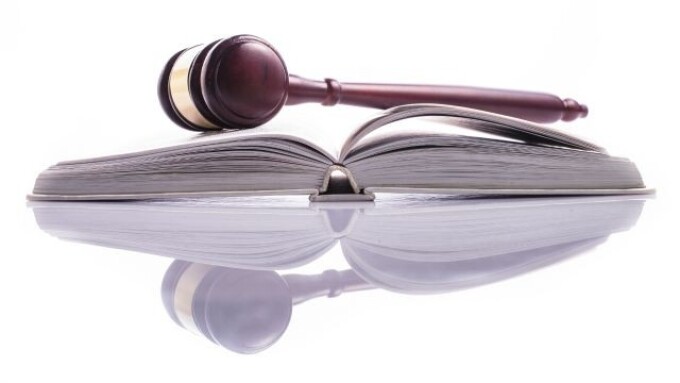CHICAGO — The city of Chicago has been sued over its new nine percent cloud tax, which extends the city's amusement tax to online entertainment offerings.
The nonprofit Liberty Justice Center laid out its case in a suit filed last week in Cook County Circuit Court on behalf of six residents who subscribe to various online — and now taxable — entertainment services.
Chicago's Finance Department announced in June that it was extending the city's amusement tax to online entertainment offerings. Chicago officials have estimated that expanding the tax will bring in about $12 million a year.
Previously, the tax in Chicago has applied to theatrical and concert performances, sporting events and certain recreational activities.
Now, with the extension, customers of streaming media providers are subject to the tax.
The suit contends that the new cloud tax is illegal because the original law does not specifically include streaming media services.
In order to legally collect tax revenue from such services, Liberty Justice Center argues, the elected city council members must put the measure through the political process.
The suit also contends that the tax discriminates against consumers who choose to receive online entertainment.
When individuals go to performances, ticket prices include a maximum amusement tax of five percent; when online customers stream similar entertainment, they are hit with a nine percent tax. The rate disparity is in violation of the 1998 Internet Freedom Tax Act, Liberty Justice Center said.
Chicago-based adult industry attorney Joe Obenberger told XBIZ that “it's no wonder that litigation has started to challenge this action.”
Obenberger said the “analysis starts with both Quill Corp. vs. North Dakota, 504 U.S. 298 (1992) and 1998 Internet Tax Freedom Act, and it includes evaluation of whether what is being sold can be characterized as goods or services.”
In the suit, Liberty Justice Center is asking that the court declare that Chicago’s comptroller had no authority to extend the amusement tax and to put a halt to enforcement of the streaming tax.
It also is seeking repayment to the plaintiffs of the amount of tax they have paid so far.
Obenberger noted that online adult entertainment operators should take a knowledge-is-power approach to profit-reducing moves such as Chicago’s.
“Internet operators do need to be concerned with anything that could subject them to the roughly 32,000 taxing jurisdictions within the U.S.,” Obenberger said.







